1 John 3:1-3
Behold th’amazing gift of love
The Father hath bestowed
On us, the sinful sons of men,
To call us sons of God!
Concealed as yet this honor lies,
By this dark world unknown,
A world that knew not when He came,
Even God’s eternal Son.
High is the rank we now possess;
But higher we shall rise;
Though what we shall hereafter be
Is hid from mortal eyes.
Our souls, we know, when He appears,
Shall bear His image bright;
For all His glory, full disclosed,
Shall open to our sight.
A hope so great, and so divine,
May trials well endure;
And purge the soul from sense and sin,
As Christ Himself is pure.
Are not the lyrics full of who God is? And the love that he holds for us.. just amazes.
Anyways, the story behind the song? Let's see if we can find one. :)
This hymn was written by Isaac Watts. Born in 1674 to a schoolmaster, he was an intelligent child, studying latin at age four and writing poetry by age 7. He became a pastor as an adult within the Independent Church.
He was challenged by his father (who was tired of his complaints) to write hymns because he often complained as a teenager that people were so lack-lustre in their singing.
The following week, the adolescent Isaac presented his first hymn to the church, "Behold the Glories of the Lamb," which received an enthusiastic response. The career of the "Father of English Hymnody" had begun. (source)
His style of hymn writing wasn't without its detractors as he used different tunes other than familiar metrical ones. He would base his hymns off psalms and verses, not using some parts, and using others which some folks found hard to understand. (source)
Isaac Watts was not a man with a strong constitution, his health often failed him, but he loved preaching and did it as often as he could. He was an intelligent, gentle soul who wrote many hymns and books. He wrote nearly 30 theological treatises; essays on psychology, astronomy, and philosophy; three volumes of sermons; the first children's hymnal; and a textbook on logic that served as a standard work on the subject for generations. (source)
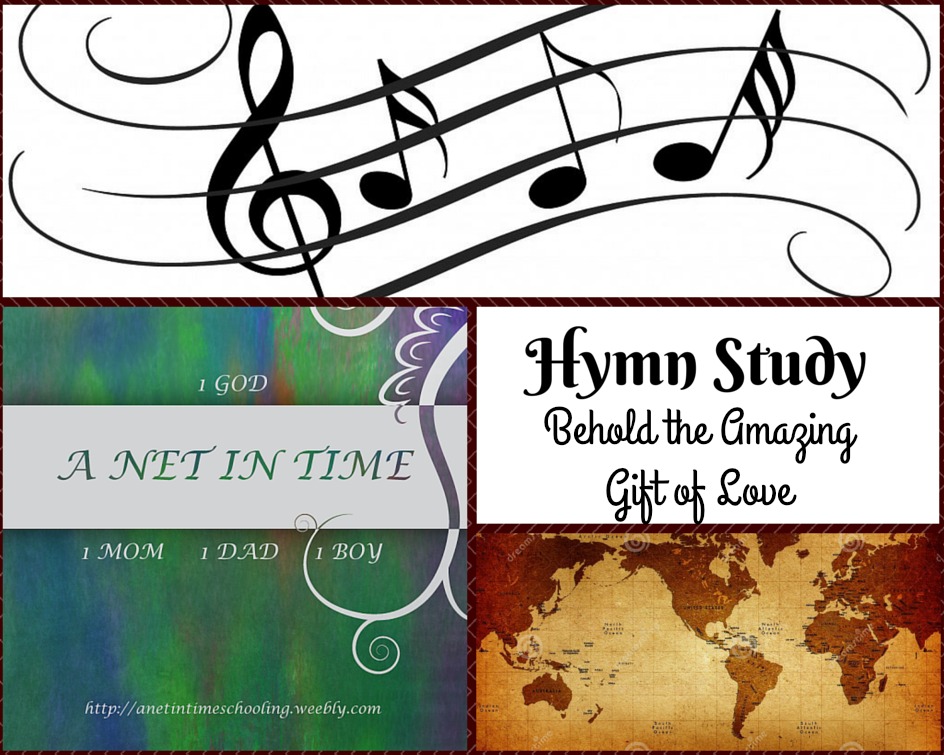



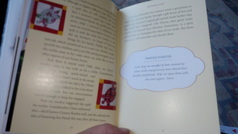










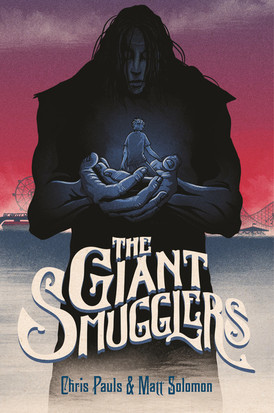


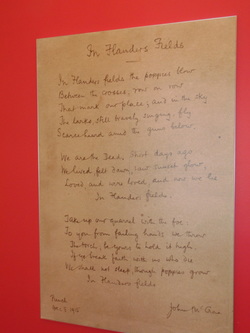



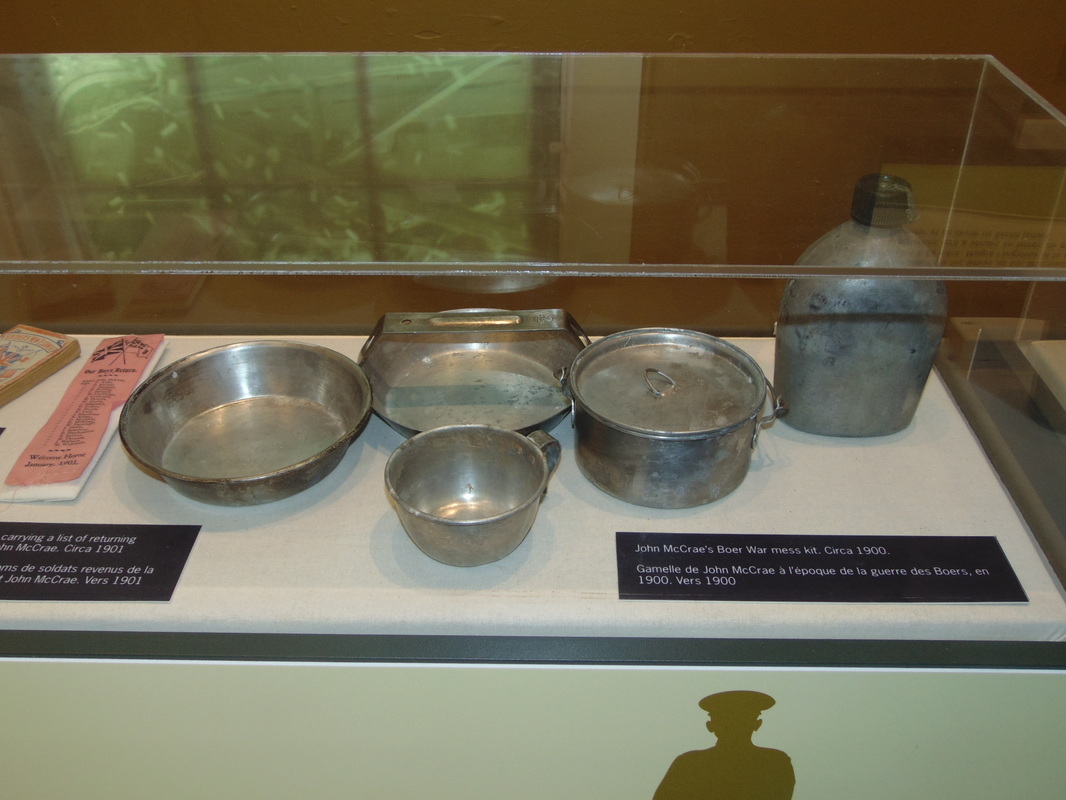






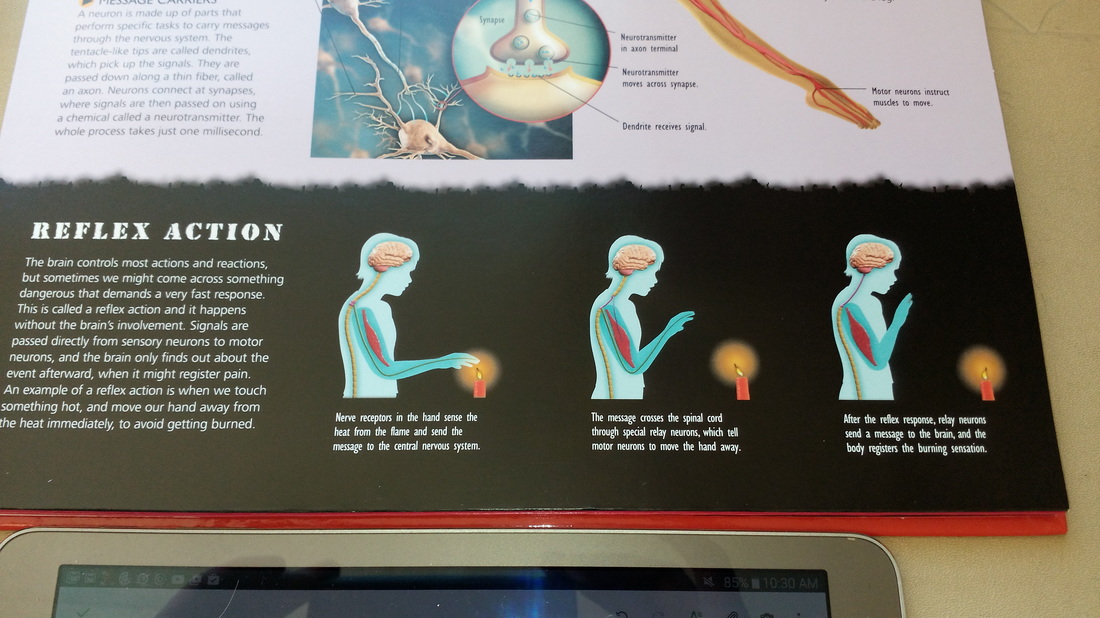

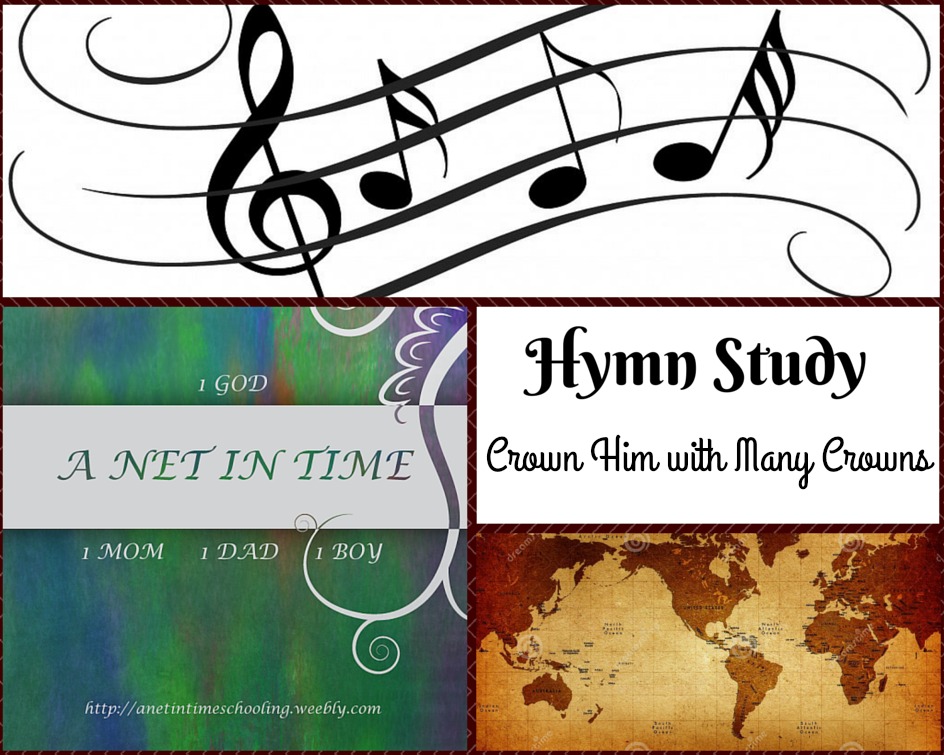









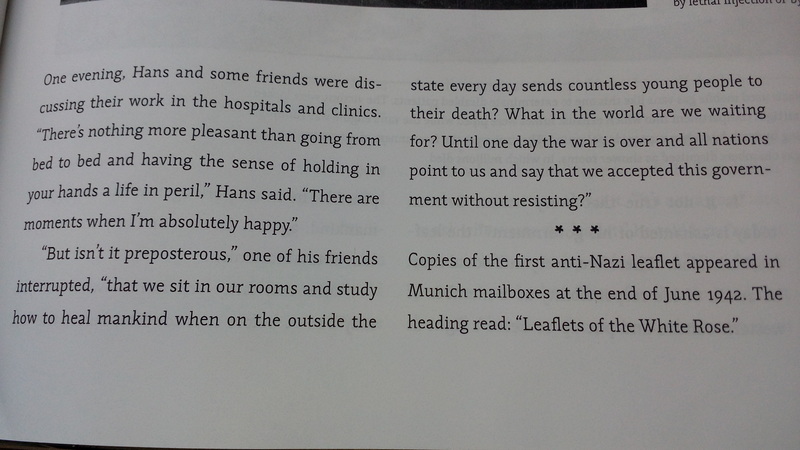

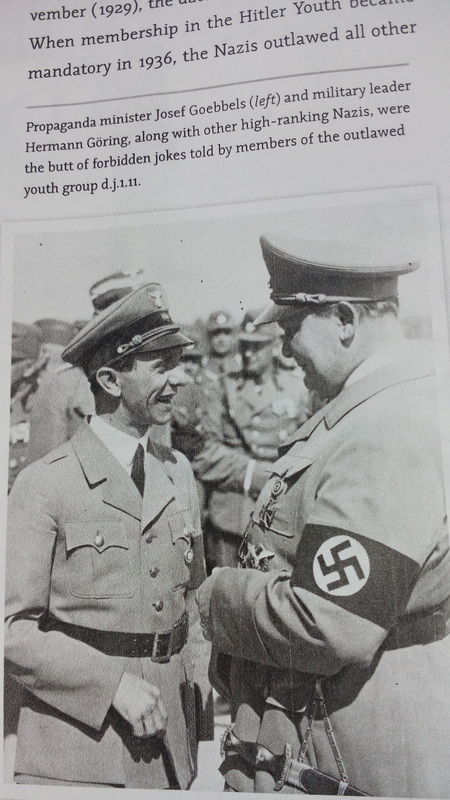








 RSS Feed
RSS Feed



